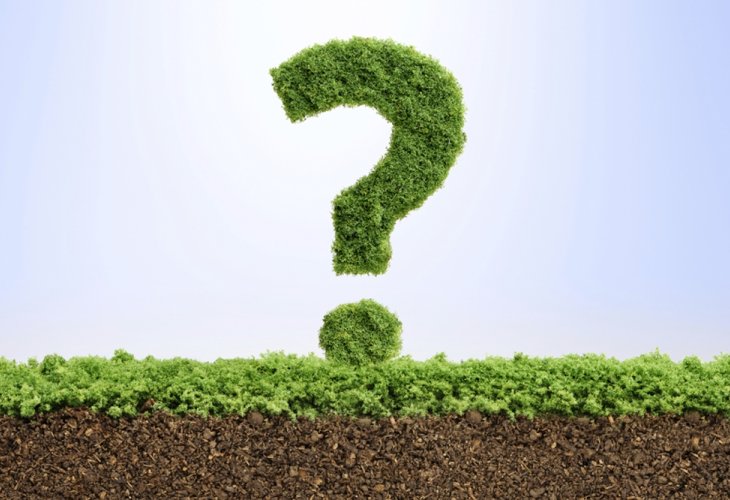Jewish Law
Observing Shemittah in Israel: It's Not Just Food
Shemittah affects many of our interactions with the natural world, enhancing our appreciation of the wonders of nature
 (Photo: shutterstock)
(Photo: shutterstock)Watering Shrubs and Flowers
Question:
In the garden of our holiday villa, we planted some shrubs and flowers. Can I water them during Shemittah to prevent them from wilting?
Answer:
Flowers and shrubs may be watered even during Shemittah to ensure they do not wither and die, unless they were planted solely for their fragrance, in which case you should consult with a rabbi to determine their status.
Flowers grown for their fragrance that were planted at the end of the sixth year but did not sprout above ground until the seventh (Shemittah) year began, may not be watered at all during the seventh year and must be uprooted.
The same applies to flowers planted during the seventh year itself, even if planted by a non-Jew — these too may not be watered and must be uprooted.
However, flowers that sprouted before the seventh year, or that grow on perennial shrubs that are considered like trees, may be watered during the seventh year if there is concern they will be harmed otherwise.
Mowing Lawns
Question:
I own a vacation rental property in Israel which is surrounded by a large lawn. May I mow the lawn during Shemittah, in order to maintain a neat appearance?
Answer:
Since lawns are maintained for their appearance and mowing only enhances beauty and does not actually improve the grass, it is permitted to mow lawns during Shemittah, and this is the position taken by Rabbi Moshe Sternbuch, one of the leading halachic authorities in this generation. In his book "Shemittah Kechilchata," he writes:
"Regarding cutting grass, according to experts it does not help to improve the plant at all like pruning does, and therefore when one's intention is only for beauty, it is not included in the prohibited labor of pruning. Also, if one refrains from cutting it, [the grass] will be damaged by sun exposure, and therefore cutting is permitted. But even in this case, it seems appropriate to make some change in procedure if possible."
It should be emphasized that even according to those who permit mowing lawns for beauty, their words apply only to well-maintained lawns where the grass grows well and provides full coverage of the ground. However, sparse or poorly-maintained lawns that would benefit from mowing may not be mowed during Shemittah, unless the damage caused by not mowing would entail great expense to rectify.
Wild Fruits During Shemittah
Question:
During a hike we took in the Shemittah year in the Jerusalem Forest, we found a wild tomato plant. Are there any restrictions on eating such wild vegetables or fruits?
Answer:
Fruit and vegetables that grow wild during Shemittah may be eaten and they have kedushat Shevi'it (the sanctity of the Sabbatical year) and must be treated with respect (i.e., not tossed away etc.). Had you found the tomatoes in a field, however, it would be different and one would not be permitted to eat them.
The Talmudic Sages decreed a prohibition called "sefichin" on produce that grows without cultivation, in order to prevent a situation from arising where unscrupulous people work their fields during Shemittah and then claim that the crops "just grew by themselves."
However, this only applies in fields and any area that is usually cultivated. In forests and clearly uncultivated places, there is no concern of such deceptive behavior and wild produce may be eaten.
Flowers During Shemittah
Question:
Every Friday I like to buy flowers in honor of Shabbat. When we're in Israel, I often stop at a roadside stand and buy them there. May I do that during Shemittah as well? Doesn't Shemittah apply only to food?
Answer:
Shemittah applies to flowers as well as food, and also to many other types of agricultural produce that are used by most people. In Israel, just as fruit and vegetables should only be purchased from a store with reliable kosher supervision (always, not only during Shemittah), so too flowers must only be purchased from a store under proper rabbinical supervision during Shemittah year.

